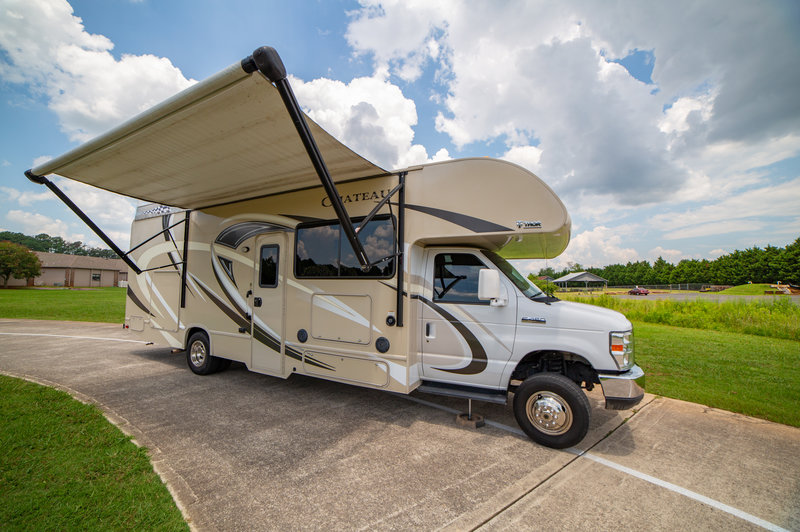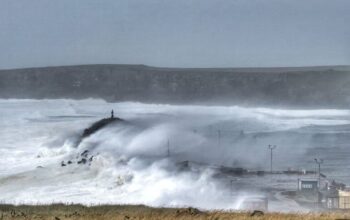Amy Holditch isn’t the kind of woman to let fear dictate her life.
“No, she’s not,” says her mom, 73-year-old Sandra Gillis. “She pretty much gets her mind on something, then it’s probably going to happen.”
So when the coronavirus cancelled her family trip to Hawaii, she didn’t postpone the trip with her mom and 12-year-old son for another year.
“I just kind of jumped off the cliff and did it.”
She found a recreational vehicle, or RV, to rent even though she had never driven anything larger than an SUV — not even a van or U-Haul. And she set about mapping a route from Madison, Ala. to Cape Cod, Mass.
The summer vacation, an annual rite for so many, is not an easy thing to give up, even during a pandemic.
Families long-accustomed to getting out of their houses each summer yearn to get away, but not if it means being exposed to the coronavirus in an airplane, restaurant, or even the elevator in a hotel. Cruises are definitely out, but cruising the highway in what is essentially a land boat?
There will be a lot of new RV drivers pulling-in to campgrounds this summer. The peer-to-peer renting web site RVshare says it is seeing three times the amount of bookings this summer compared to last summer. CEO Jon Gray says people wanting to avoid shared spaces are giving it a go.
“People can bring the bathroom with them. They can bring their kitchen with them. And that premium of control that has always existed in RV travel is even more of a premium this year.”
Plus, with gas prices down, it’s more affordable than it’s been in years. Gray says the cost of renting an RV runs from around $50 a night for a popup camper to $1,000 a night, depending on size and level of luxury. But he says for most, he says the cost averages $1,000 a week. Read more from NPR.




